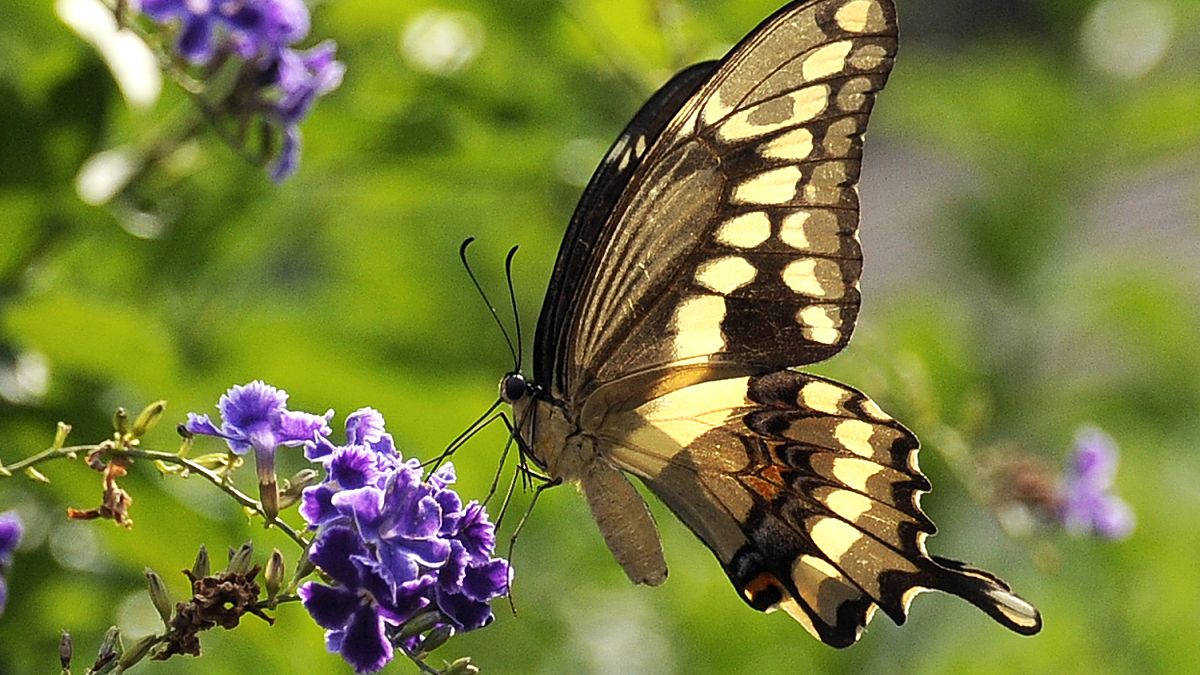The two men from northern Italy face two years in jail if they fail to pay the fine by 24 September.
Two Italian men were fined 60 million Sri Lankan rupees (€180,425) for trying to smuggle hundreds of insects out of Yala National Park earlier this month.
This is the highest-ever fine handed out for wildlife crime in Sri Lanka.
In September, Luigi Ferrari, 68, and his 28-year-old son Mattia were also convicted of illegal collection, possession and transportation of the insects.
The two men from Modena, a city in the north of Italy, face two years in jail if they fail to pay the fine by 24 September.
Safari park keepers found hundreds of jars in car boot
The father and son were arrested on 8 May after rangers of the safari park found them with jars full of insects – including 92 species of butterflies.
The thieves used animal attractants to lure the creatures. They were also planning on using wax sachets to chemically preserve them, investigations show.
According to the BBC, one of the park rangers said that on the day of the incident, a safari jeep driver had informed his team of rangers that a “suspicious car” was parked along the road and that the two men who were in it had walked into the forest with insect nets.
The keepers of the safari park located the car and found hundreds of jars containing the insects in its boot – all of them dead due to the chemicals inside the containers.
Both men were on vacation in Sri Lanka at the time and have been held there since the incident.
Ferrari works in several private clinics between the provinces of Reggio Emilia and Modena, in Italy.
He is a member of the Modenese Natural Sciences group and an insect enthusiast.
Safari park is home for protected species
Yala National Park is one of Sri Lanka’s most famous wildlife parks, with a protected area of nearly 130,000 hectares of land and home to a high concentration of leopards, elephants and buffalos, among other animals.
The country is home to 245 species of butterflies with 25 of these being endemic to the island, according to the Dilmah Conservation. The Ceylon rose species is flagged as critically endangered.

